A large study suggests that increasing consumption of ultra-processed foods — such as soda and sugary drinks, instant noodles, packaged snacks, and some reconstituted meats — may be linked to a proportional rise in cancer risk.
Be careful of what you eat; ultra-processed foods could increase your risk of cancer.
However, in their report of the findings that was recently published in The BMJ, scientists from universities in Paris, France, and São Paulo in Brazil caution that the finding came from an observational study and that more research should now be done to confirm it.
Observational studies are not designed to prove cause and effect — but they can offer insights into links between variables such as diet and disease.
In this case, the researchers analyzed the diet and health of 105,000 middle-aged individuals in the NutriNet-Santé cohort study. The participants gave information about their typical intake of thousands of different foods.
They found that for every 10 percent rise in the proportion of ultra-processed foods consumed, there was a 12 percent higher risk of cancer.
Further analysis revealed an 11 percent rise in the risk of breast cancer but no significant link with increased risk of prostate cancer or colorectal cancer.
“As the global consumption of highly processed foods increases,” report Martin Lajous and Adriana Monge, of the National Institute of Public Health in Mexico, in a linked editorial, “understanding the health impact of these foods has become a relevant and timely topic.”
Of the new findings, they observe that although they offer “an initial insight into a possible link between ultra-processed foods and cancer […] we are a long way from understanding the full implications of food processing for health and well-being.”
High cancer rates and ultra-processed foods
The latest estimates of worldwide figures suggest that there were 14.1 million new cases of cancer in 2012, and that this number is expected to climb to 24 million by 2035.
In the United States — where cancer is the second most common cause of death — the American Cancer Society (ACS) estimate that there will be around 1.7 million newly diagnosed cases of cancer, and more than 609,000 deaths to the disease, in 2018.
According to the ACS, at least 42 percent of newly diagnosed cases of cancer are preventable. These include 19 percent in which smoking is the main cause and 18 percent that result from a combination of factors, including “poor nutrition.”
In their new study paper, the researchers cite evidence that suggests that many countries are shifting toward higher consumption of “ultra-processed foods,” or food that has undergone several “physical, biological, and/or chemical processes.”
A number of surveys — including some done in the U.S., Europe, Brazil, Canada, and New Zealand — have revealed that 25–50 percent of daily energy intake is from ultra-processed foods such as fizzy drinks, packaged snacks and baked goods, ready meals, sugary cereals, and reconstituted meats.
A need to investigate the link
The researchers suggest that the health consequences of this trend should be studied, because ultra-processed foods have a number of characteristics that could be disease-causing.
For instance, they are higher in added sugar and salt as well as total fat and saturated fat, and they are lower in fiber and vitamins.
Another concern is that, because of contact with packaging materials, ultra-processed foods may become contaminated with potentially harmful substances.
Also, these foods contain additives that, although approved for food use, remain controversial in that some animal and cell studies have suggested that they may cause cancer. These additives include the processed meat additive sodium nitrite and the white food pigment titanium dioxide.
Investigation of the health effects of ultra-processed foods is a relatively new field. Some studies have raised the possibility that they may be linked to higher risk of obesity, high blood pressure, and high cholesterol, but robust evidence is “still very scarce.”
The authors write that, to their knowledge, their observational study “is the first to investigate and highlight an increase in the risk of overall — and specifically breast — cancer associated with ultra-processed food intake.”
Detailed food classification
For their study, the researchers analyzed data from people who completed questionnaires about the foods that they consumed over 24 hours on at least two occasions. The detail gathered allowed them to measure typical intake of 3,300 different foods.
Cancer incidence was measured over an average of 5 years. Data were taken from information on participant reports and were cross-checked against medical records and national databases.
The researchers categorized the foods into four groups, according to the “extent and purpose of industrial food processing.”
Ultra-processed foods are those that, according to the classification system used in the study, undergo the most industrial food processing.
The study paper gives a long list of ultra-processed foods, including: fish nuggets; packaged sweet and savory snacks; packaged breads; meat products that have been reconstituted with the aid of nitrites or other non-salt preservatives; and foods “made mostly, or entirely from sugar, oils, and fats.”
Some examples of substances added during industrial processing include flavoring agents, colors, humectants, emulsifiers, and artificial sweeteners. These are often added to “imitate sensorial properties,” or to “disguise undesirable qualities.”
No cancer link with less processed foods
At the other end of the product spectrum are staple foods such as “fruits, vegetables, pulses, rice, pasta, eggs, meat” that have undergone minimal or no processing. They are typically “fresh or dried, ground, chilled, frozen, pasteurized, or fermented.”
In-between lie the less processed foods, which include “canned vegetables with added salt, sugar-coated dried fruits,” and meat that has been “preserved only by salting,” plus “cheeses and freshly made unpackaged breads.”
The study uncovered no significant link between cancer and the consumption of less processed foods, and a lower risk of overall cancer and breast cancer with intake of fresh and minimally processed foods.
While commending the researchers for the detailed data that they analyzed and collected on diet and cancer, as well as for the multiple statistical analyses that they conducted, Lajous and Monge nevertheless note that the “interesting results require replication and further refinement.”
They also highlight that while the food classification system used in the research “may be useful for descriptive purposes and for replication,” it does not necessarily provide the type of detail that is helpful to consumers and policymakers.
Lajous and Monge conclude:
“Care should be taken to transmit the strengths and limitations of this latest analysis to the general public and to increase the public’s understanding of the complexity associated with nutritional research in free living populations.”


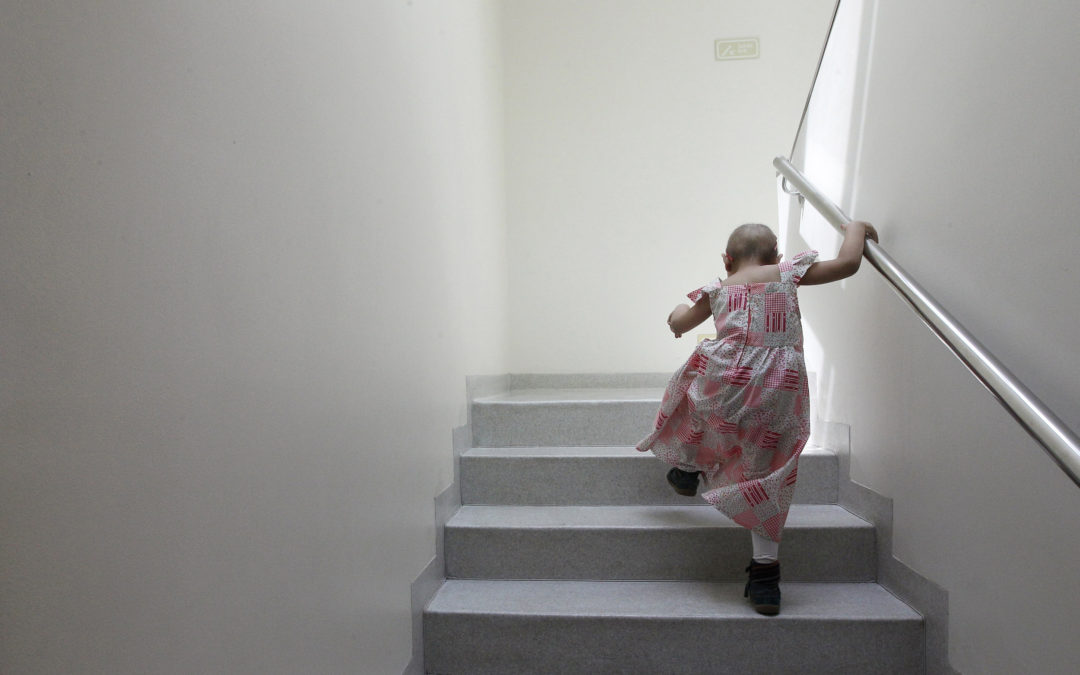
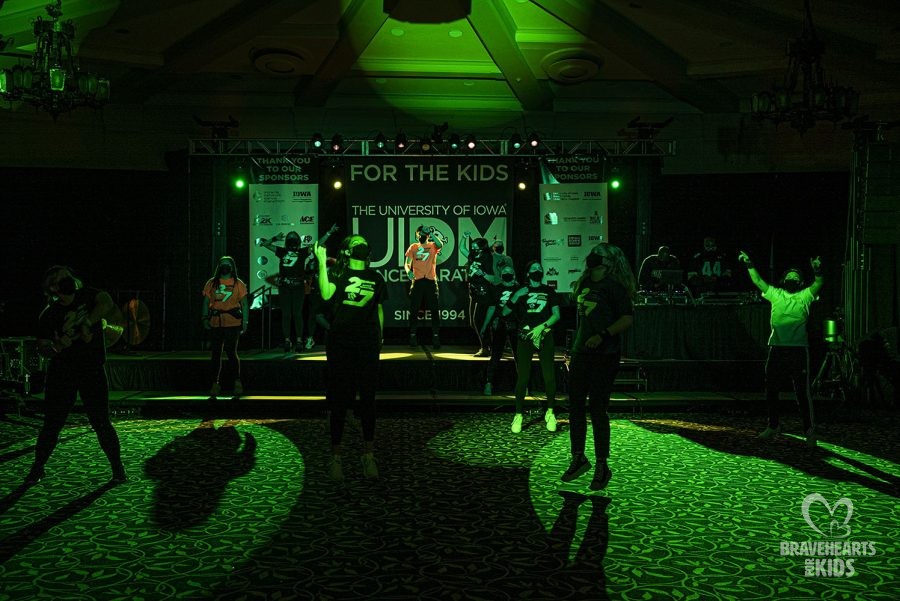
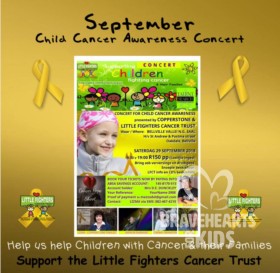


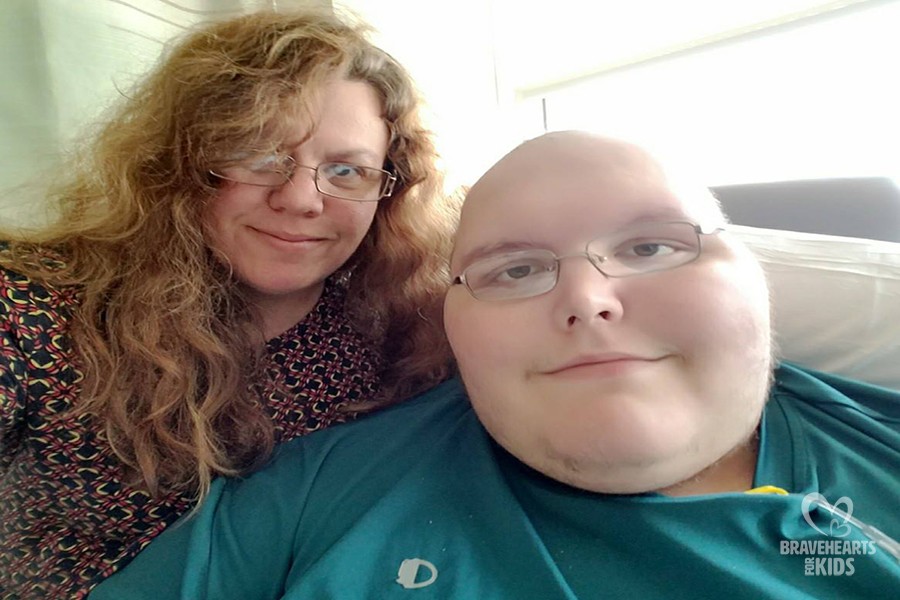
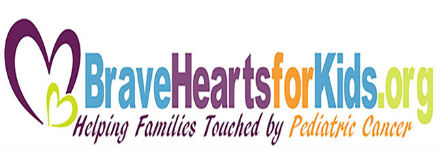


Most Commented